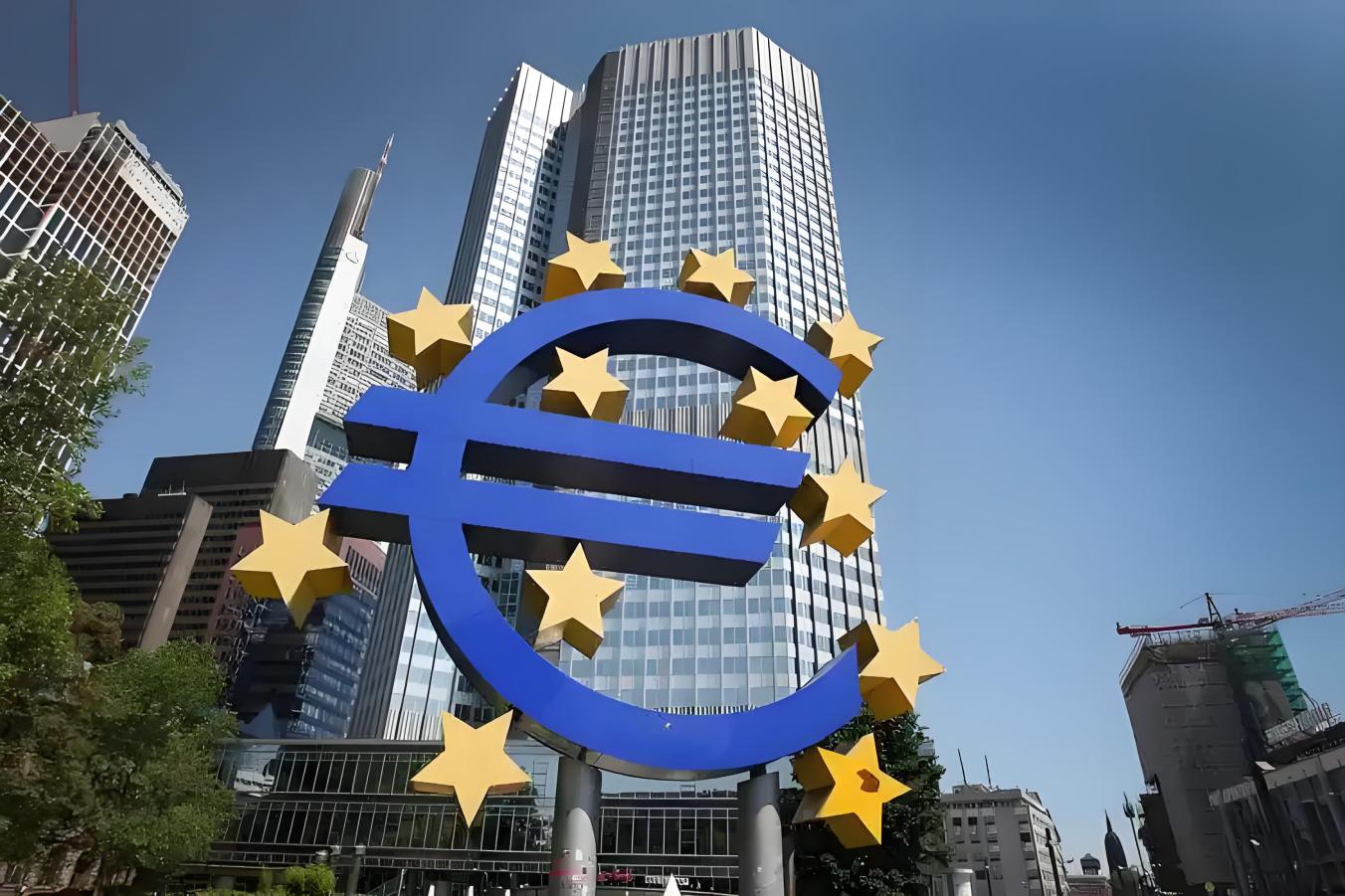
In the intricate chessboard of the global economy, the European economic bloc is undergoing profound transformations. The European Central Bank's (ECB) policy pivot and the delicate interplay between the UK's labor market and central bank policy expectations have emerged as pivotal forces shaping Europe's economic trajectory.
The ECB's policy shift has unfolded like a storm, stirring waves in the ocean of the European economy. Executive Board member Schnabel’s statement on "strengthening the euro’s international status" acted as a powerful current, propelling the euro to reclaim the 1.08 threshold against the U.S. dollar. Mechanistically, this statement triggered a surge in investor interest in euro-denominated assets. As investors anticipated the euro’s enhanced global standing, they flocked to euro assets—be it stocks, bonds, or other financial instruments. The influx of capital drastically increased demand for the euro, and per the law of supply and demand, this drove the euro’s appreciation. This trend was evident in the forex market: the euro’s strength attracted further international capital, reinforcing its position in the global monetary system.
Beneath this seemingly positive trend lurks a hidden danger of imbalanced economic structures in Europe. The widening yield spread between 10-year Italian and German bonds resembles a whirlpool in the storm, warning of rising debt pressures in peripheral nations. Countries like Italy have long relied on single-dimensional economic models—overdependence on sectors like tourism and traditional manufacturing—making them vulnerable to external shocks such as global economic fluctuations and trade frictions. Financially, peripheral states have grappled with persistent fiscal deficits and massive government debt. When the ECB shifts policy, altering market interest rates, their debt financing costs surge. Take Italy: with a large volume of government bonds, a shift in capital flows due to ECB policy reduces investor demand for Italian bonds. To attract buyers, the Italian government must raise yields, directly widening the spread with German bonds. This spread widening is more than a numerical change; it reflects heightened market fears of default risks in peripheral economies. Unchecked debt pressures could reignite a crisis akin to the European debt crisis, when Greece’s troubles spread across the continent, inflicting heavy blows on the European economy.
Turning to the UK, the April ILO unemployment rate held at 3.8%, suggesting relative labor market stability on the surface. However, the slowdown in wage growth hides deeper implications. In the UK economy, consumption is a primary growth driver, and consumer spending power is tightly linked to wage levels. Slower wage growth means disposable income expands more slowly, directly dampening consumer demand. For instance, households may cut back on non-essential purchases like high-end electronics or luxury goods. For businesses, weakened consumer demand leads to sluggish sales and falling profits, prompting production cuts, hiring freezes, or even layoffs—a vicious cycle that further strains the labor market. From a monetary policy perspective, the Bank of England (BoE) balances inflation and employment when formulating policies. Slower wage growth eases risks of wage-push inflation (as businesses face less pressure to pass rising labor costs to consumers) but also signals weakening economic momentum. This has dimmed expectations of a BoE rate hike: while hiking rates could curb inflation, doing so amid lackluster growth would raise borrowing costs for businesses and households, further suppressing investment and consumption and hindering recovery.
The ECB’s policy shift exacerbating market polarization, coupled with the complex dynamics between the UK’s labor market and policy expectations, highlights the severe challenges and uncertainties facing the European economy. The path to recovery ahead is fraught with thorns, requiring policymakers to implement precise measures, balance diverse interests, and defuse potential risks to achieve stable growth.

報告顯示,中國電力投資加速增長,預計2024年電網基建投資將超過5300億元。
近日,市場迎來了一則引人注目的消息:工業巨頭3M公司(MMM.N)在本周五公布了其季度業績報告,隨後股價飆升至近兩年來的
最近,外媒給OpenAI算了筆賬,今年可能要血虧50億美元。
近日,巴黎奧運會和世界鐵人三項協會聯合發布了一項重大決定,宣布因塞納河水質污染問題,原定於近期進行的奧運會鐵人三項首次下
當地時間7月18日,法國巴黎發生了一起令人震驚的持刀襲警事件。
近期,一則重大消息在國際舞臺上引起軒然大波,馬來西亞宣布加入金磚國家。
調查發現,互聯網和智能手機的使用幹擾了韓國近五分之一學生的生活。